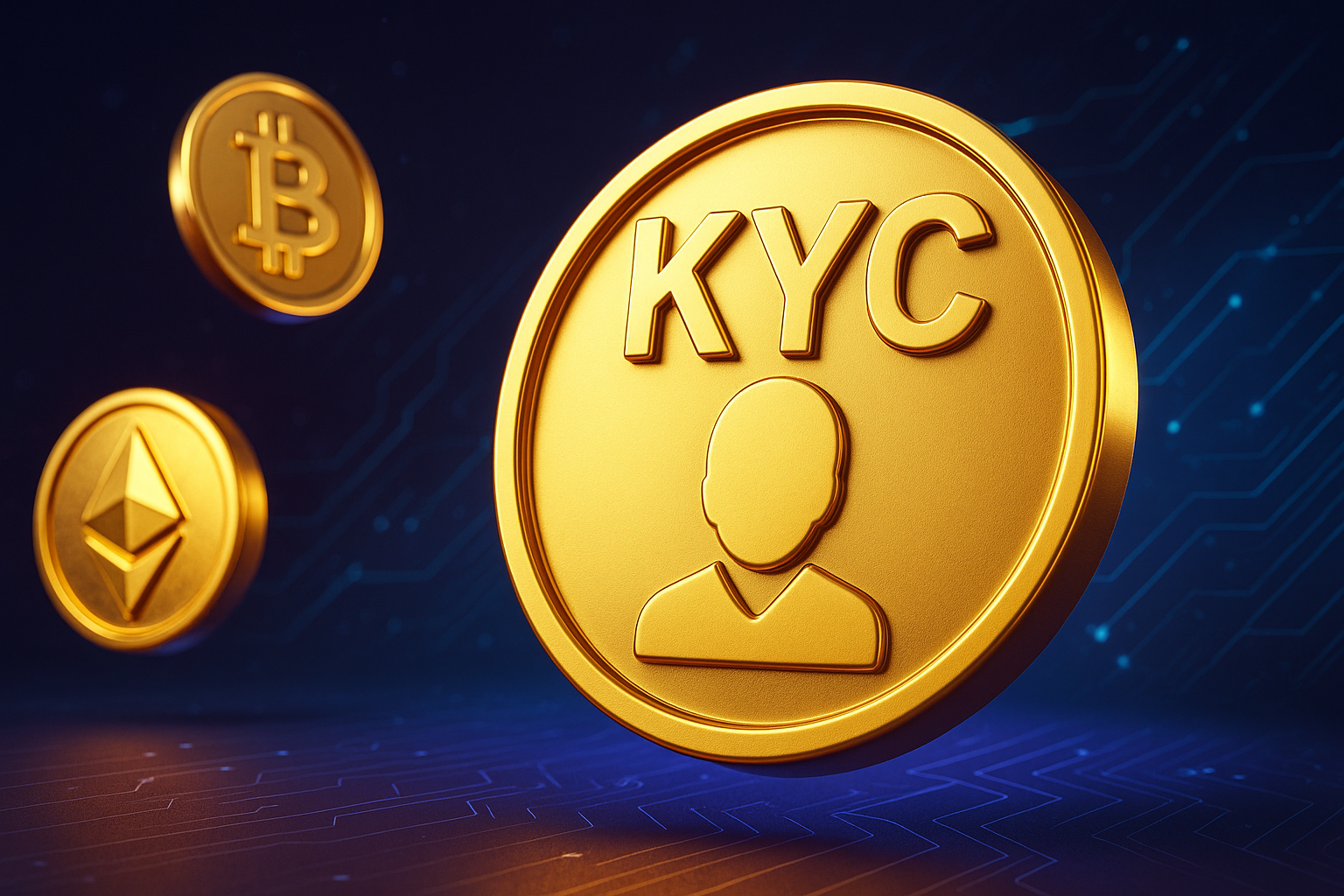Web3 Privacy Guide
KYC Kills Pseudonymity: When You’re Forced to Provide a Number, Here’s the Web3 Way to Do It

Phone‑based KYC is now everywhere—exchanges, token airdrops, even Discord bots. But handing over your personal number links your wallet to your real‑world identity. This 1,500‑word guide shows crypto users how to comply pseudonymously using masked numbers, compares the best tools—including ChatOdyssey Phone Relay—and walks through practical steps to keep your privacy intact.
Why Phone‑Based KYC Became Inevitable
Since 2021, regulators have tightened anti‑money‑laundering (AML) rules, pushing crypto exchanges and on‑ramps to collect more user data. The quickest way to prove you’re a unique human is a phone verification SMS. Binance, Coinbase, and others now require it, and token‑sale platforms like CoinList follow suit. Even Discord servers running Web3 giveaways often block users who haven’t verified a phone. The trade‑off? Every SMS check quietly converts your pseudonymous wallet into a KYC‑doxxed account – exactly what cypherpunks warned about. Cointelegraph outlines how exchanges rationalize this for fraud prevention, but privacy advocates argue it undermines crypto’s original ethos.
The Hidden Risks of Using Your Personal Number
Your phone number is no longer just contact info; it’s a cross‑platform identifier. Studies show telcos now treat numbers like quasi‑social security numbers, linking them to ad profiles and credit reports. If an exchange’s database leaks, attackers weaponize that number for SIM‑swap theft or phishing. VentureBeat reports that many users abandon exchanges entirely because they’re “understandably not comfortable” with such permanent identifiers. And once Discord or Telegram ties your handle to that same number, deanonymization becomes trivial.
Pseudonymous Compliance: Meet the Masked Number
The fix is simple in concept: give the verifier a number, just not your number. A phone‑masking relay acts as a privacy firewall—messages flow through it to you, but outsiders never see your real SIM. Crucially, paid relay numbers are recognized as valid by most KYC systems, unlike free VoIP ranges that Coinbase or Discord routinely block. Below, we compare the leading options.
Comparison Table: Phone‑Masking Tools for Crypto KYC
All prices are in USD. “✅” indicates full support for one‑time password (OTP) short‑codes, the lifeblood of KYC SMS.
| Service | KYC Success Rate | Price / Month | OTP Support | Crypto Payment |
|---|---|---|---|---|
| ChatOdyssey Phone Relay | High – appears as real mobile | Free trial → $4.99 (includes unlimited email relay) | ✅ SMS & voice | Not yet (coming soon) |
| Hushed | Medium – some exchanges flag | ≈ $5–$7 | ✅ SMS only | Yes (BTC, ETH) |
| Silent.Link eSIM | Very High – genuine +1/+44 carrier numbers | ≈ $100/year | ✅ SMS & voice | Yes (BTC, XMR) |
| Google Voice (free) | Low – blocked by Coinbase, Discord | $0 | ❌ short‑codes often fail | No |
How to Achieve Pseudonymous Compliance in 6 Steps
- Sign up for a masking service (ChatOdyssey offers instant signup – no real phone required).
- Pick a number in your preferred country code.
- Enable SMS/voice forwarding or use the in‑app inbox.
- Enter this masked number during exchange or Discord verification.
- Retrieve the OTP, submit it, and enable an authenticator app as soon as possible so the phone is needed only for account recovery.
- Store your masked number and backup codes in an encrypted password manager.
Extra Tips for Staying Anonymous
- Use unique masked numbers per platform; compartmentalization thwarts data‑broker correlation.
- Pair your masked phone with alias email services (ChatOdyssey’s unlimited relay or SimpleLogin) for signups.
- Pay masking subscriptions with crypto when possible.
- After verifying, switch 2FA to an authenticator app to eliminate ongoing phone reliance.
- Monitor the news for KYC database breaches—rotate your masked number if the service suffers a leak.
Frequently Asked Questions
Is phone masking legal?
Yes. You’re providing a reachable number—there’s no law mandating it must be your primary SIM. As long as messages reach you, you comply with the platform’s policy.
Will exchanges ban me for using a relay?
No major exchange lists masking services as prohibited. What matters is receiving OTPs promptly. ChatOdyssey numbers behave like standard mobile lines, passing fraud‑risk checks.
What if an exchange later demands full KYC with ID?
You can decide then whether to comply or migrate funds to a DEX. Using a masked number today doesn’t impede future choices.
Conclusion
Phone‑based KYC may feel like a sledgehammer to crypto’s pseudonymous dream, but masking tech flips the script. By routing verifications through tools like ChatOdyssey Phone Relay, you tick the compliance box and keep regulators happy—while your real identity remains shielded. In Web3, privacy is a feature users must proactively claim. Armed with a masked number, you can trade, govern, and collect airdrops without leaving a phone‑sized breadcrumb for every data broker on the planet.
Sources
- Cointelegraph – What is KYC and Why Do Crypto Exchanges Require It?
- VentureBeat – Decentralization and KYC Compliance
- Onfido Blog – Pros & Cons of KYC in Crypto
- Session – Phone Number Privacy
- CryptoHack – Discord Spambots & Phone Verification
- Hacker News – Coinbase Phone Verification Thread
- Reddit – Coinbase Doesn’t Accept VoIP Numbers
- Coinpaper – Temp Phone Numbers & Crypto Privacy
- ChatOdyssey – Phone Number Masking
- Hushed – App Comparison with Burner
- Silent.Link – Anonymous eSIM
- Nasdaq – The Largest KYC Data Leak in History